       
|
|
||
|
|
 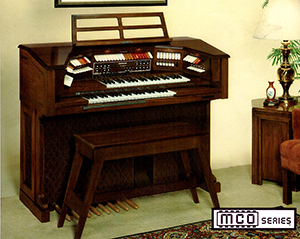
|
|
|
||
|

Jill and Norm with the first GMI purchases from 1985 including the ever faithful J210 guitar from AMS that we sold tons of over the years.... |
|
|
||
|
Nowra Festival street parade with Norm at the organ and Ken at the wheel 1986. |
Jill's mum Margaret and sister Glenys help with the preparations of the float |
Technics organs arrive in 1986 and our ever increasing line up of GMI |
|
|
||
|
|
||
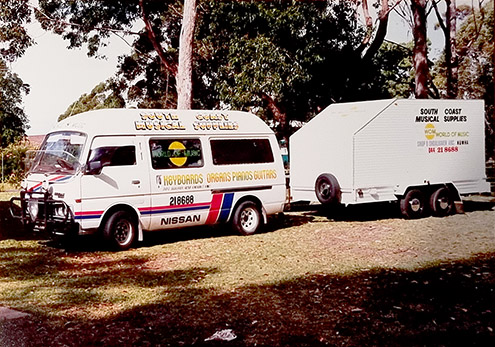 |
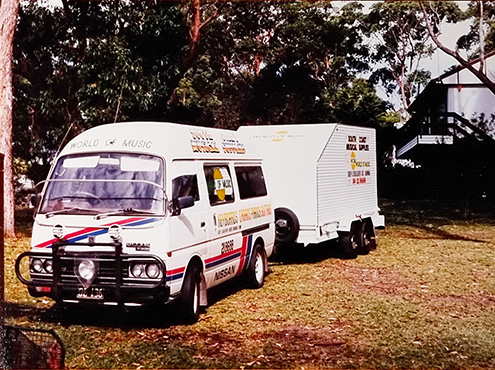 |
|
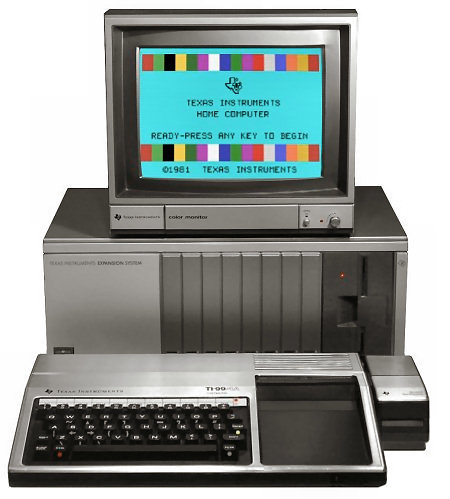 |
|
|
|
|
|
|
|
|
|
|
|
|
|
|
||
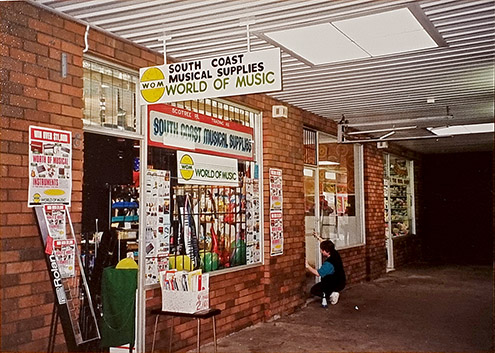
|
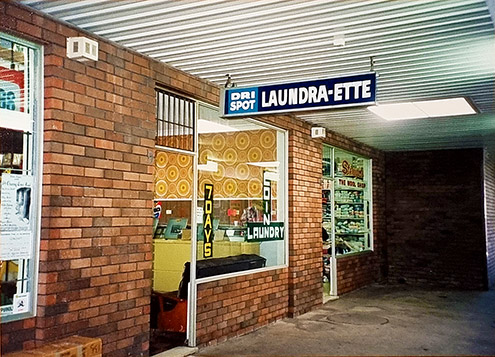
|
|
|
Shop Front 1993 |
Shop 9 Laundromat and Stewarts wool shop 1993 |
|
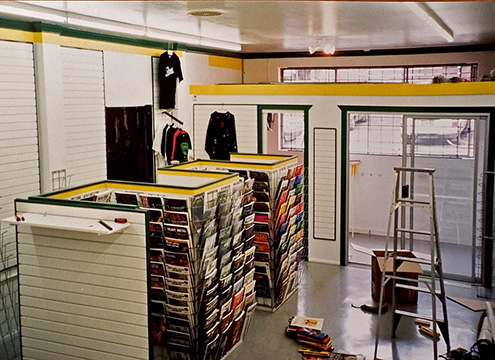 |
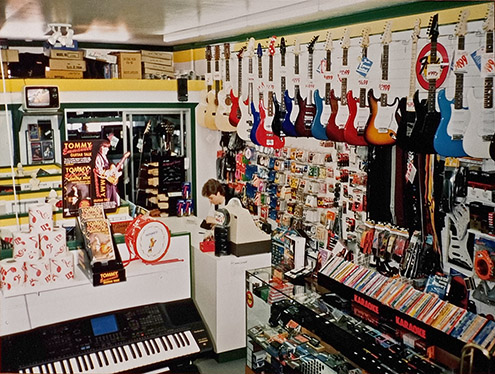 |
|
|
Shop 9 New fit out late 1993 New store room and amp room at rear. |
Moving stock into shop 9 |
|
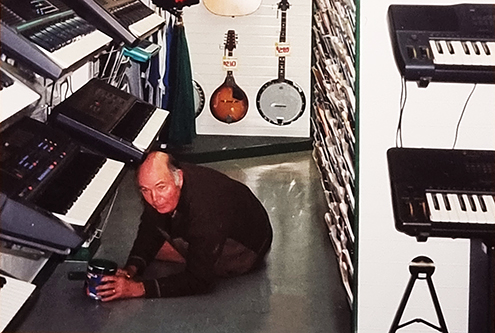 |

|
|
|
My father Doug with paint brush in hand |
More security bars required to keep the wolves at bay..... |
|
|
Clinics... were a big part of our Business. We would hire a venue, our suppliers would provide an artist, we would move some of our stock to the venue and put on a show. These were very popular and we were able to attract up to 400 people to an event when city stores were only getting under 50. So our suppliers supported these as often as possible. We did clinics for Technics keyboards, Maton, Fender, Ibanez, BC Rich and Jackson guitars, Mapex and TAMA drums, Boss, Zoom and Digitech effects, Yamaha keyboards and possibly more. Some of the people were repeat presenters and include: |
|||
| Michael Fix (Maton Guiars) | Todd Hunter (of Dragon) | Killing Heidi | Rex Goh (Air Supply) |
| Finbar O'Hanlon (BC Rich) | Ian Jones (Mapex) | Adam Pedretti (Mapex) | Adam Church (Mapex) |
| Terry Murray (The Fargone Beauties) | Phil Manning (Takamine Guitars) 1993 | ||
|
Plus representatives of the various companies: |
|||
| Billy Moore (CMI) | Claver Harper (Pro Music) | Dave Hinds (Australis Music) | Glynn Mason (Fender Aust.) |
| Adam Karolewski (Dynamic Music) | Rupert Hyde (Kawai) | Then the talent of our staff | |
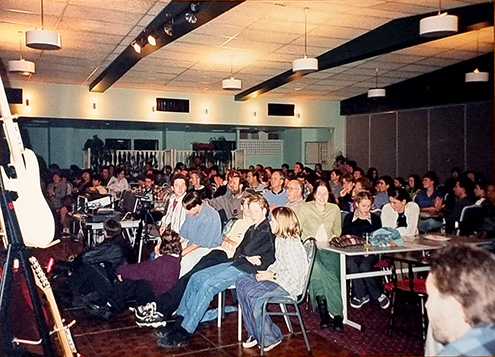
|
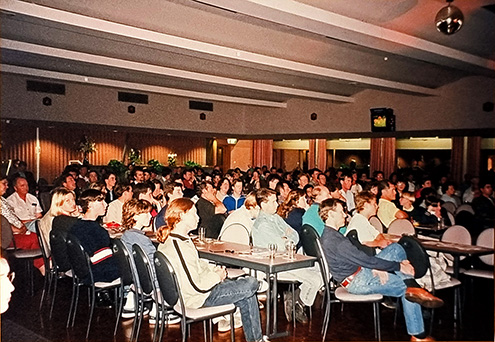
|
|
Bomaderry Bowling Club auditorium was a
regular haunt for us. |
Bomaderry RSL auditorium - Fender clinic 11 May 1999 |
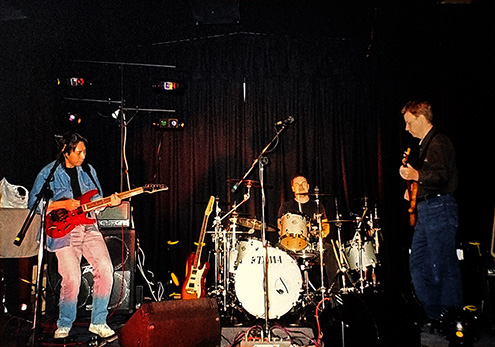
|
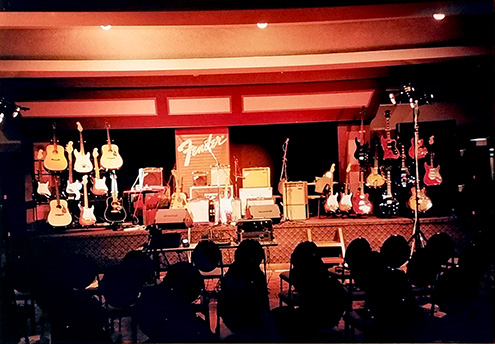
|
|
Rex Goh and Dave Hinds May 1998 |
The stage is set for our Fender clinic 11 May 1999 |

|
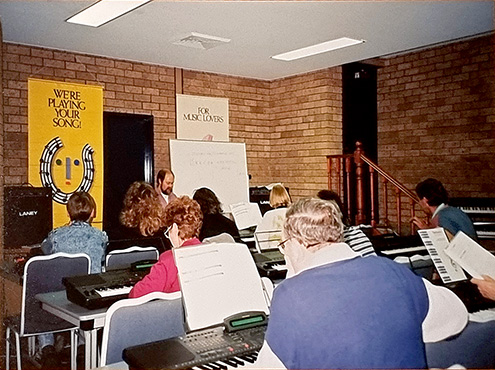
|
|
Ian Jones and Adam Pedretti 22 February 2001 |
Technics Keyboard KN1000 clinic 1991 |
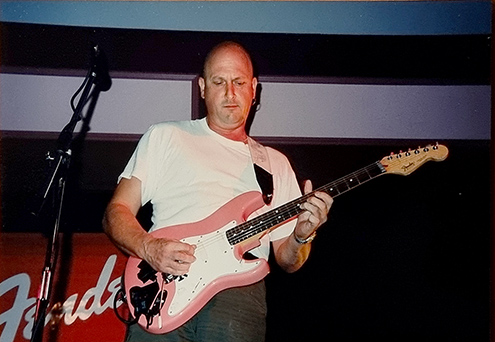
|

|
|
Terry Murray 11 May 1999 |
Finbar O'Hanlon |
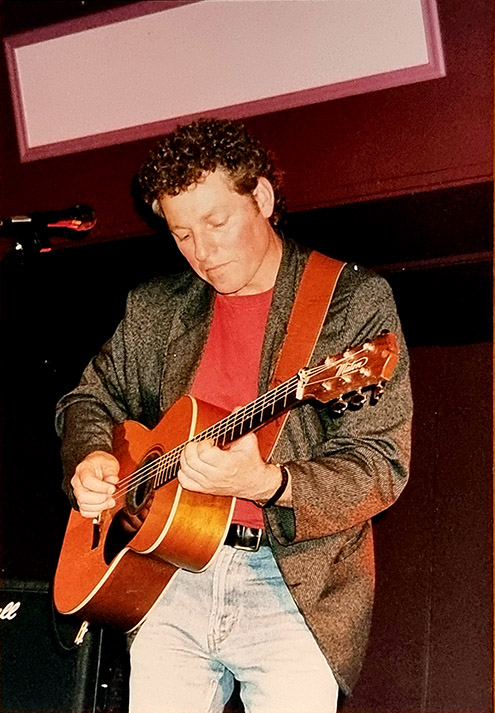
|
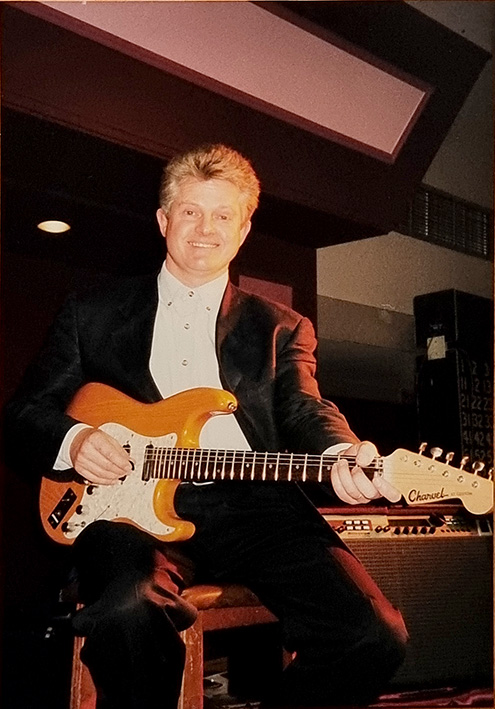
|
|
Michael Fix Bomaderry RSL November 1998 |
Billy Moore Bomaderry RSL |
| Staff...we couldn't have done this all by ourselves so over the years added more staff. In the end we had 6 staff members. One particular member no only was a great demonstrator, musician and teacher he also had building and electrical skills and went beyond duty by building studios and amp rooms for us . I have not sought permission to mention their names or use photos so you will not find them mentioned or displayed here. Photos of staff in the above catalogues have been blurred for the same reason. |
|
||||||||||||||||||||||||||||||
|
|